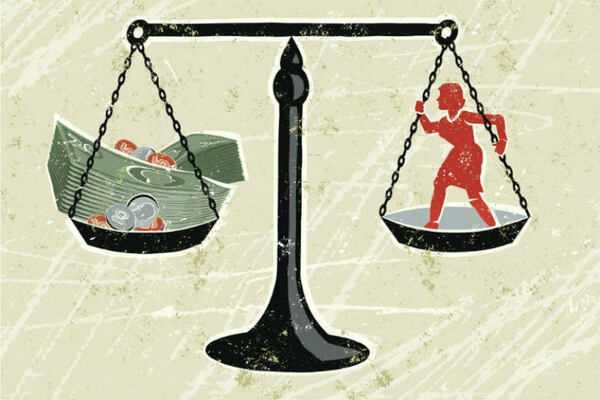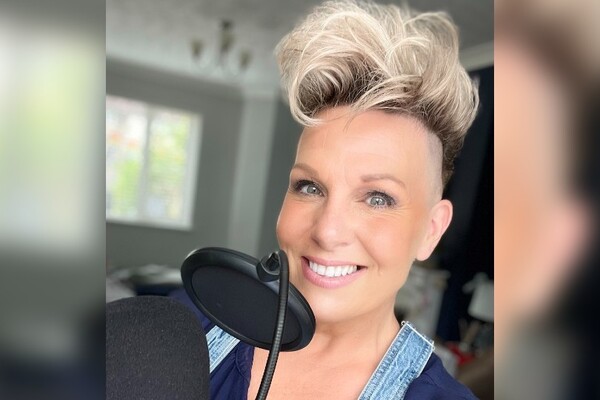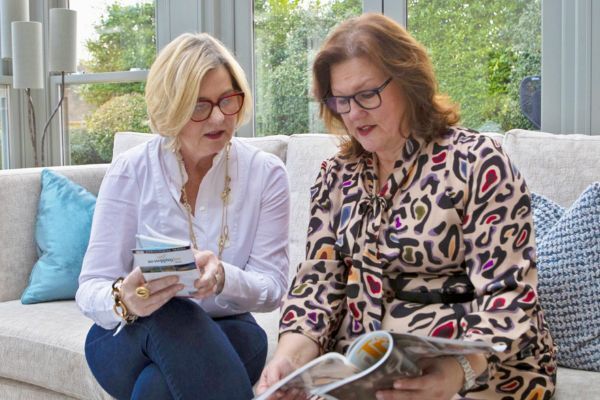Travel’s gender pay gap: TTG probe reveals women still earning significantly less
 Ilaria Grasso Macola
Ilaria Grasso MacolaTTG analysis of gender pay data from 40 of the UK’s largest travel trade firms reveals some progress – but far from enough
Women in travel and tourism continue to earn significantly less than their male counterparts, analysis by TTG of new gender pay gap figures from some of the UK’s largest travel companies reveals.
TTG ran the rule over data from 40 businesses required by law, due to having more than 250 employees, to report their gender pay gap (GPG) figures. These included airlines, travel agencies and tour operators, with almost all of them reporting a salary discrepancy.
The overall gender pay gap between women and men, the data shows, ranges from a 6.5% discrepancy at Birmingham airport to a 67% gap at British Airways.
The government introduced mandatory GPG reporting for large businesses in 2017. In May 2022, data from C&M Travel Recruitment suggested travel’s overall gender pay gap had been reduced to a single-digit difference.
Alessandra Alonso, founder of Women in Travel CIC, told TTG gender pay was a “long-standing and systemic issue” for travel, with women tending to work in lower-paid, part-time or flexible roles to “manage family or caring commitments” rather than pursuing higher-profile roles.
“The system ends up being punitive against them,” she added.
Fighting the odds
Alonso said in some sectors, such as aviation, the odds were “particularly stacked against women” due to age-old stereotypes. “In the education system, and beyond, there is the ongoing stereotype that STEM [science, technology, engineering and mathematics] roles are male-oriented,” she said. “Fewer women are encouraged to choose STEM subjects and careers.”
Aviation has the widest gender pay disparity of all travel’s sectors, with a GPG wider than 50% at five of the seven airlines required to report their figures. These include Ryanair, Tui Airways and Virgin Atlantic.
Tui Airways’ gender pay gap has widened the furthest over the past year, going from women getting paid 24.6% less than men during 2021/22 to 57.4% less a year later. The airline also has the largest gap between the number of women employed in its highest and lowest-paid jobs – 6.4% versus 79%.
A Tui spokesperson told TTG the business recognised the issue was “broad and complex”, adding it was working hard to make positive change.
Tui isn’t alone, though, with few airlines employing significant numbers of women in lucrative roles.
At Ryanair, women occupy only 2.4% of the highest-paid jobs and 56.8% of the lowest paid. Amid high levels of gender inequality, Wizz Air was the only airline to meaningfully shrink its GPG over the past year.
Women working at the Budapest-headquartered carrier, which operates from several UK airports, have gone from earning 63% less than their male counterparts in 2021/22 to 48.2% less during the most recent 2022/23 reporting period, while also occupying 58% of the highest-paid jobs.
Positive signs
Despite high levels of pay inequality, there are some encouraging trends throughout the travel and tourism sector, with most UK airports required to report their GPG figures showing progress over the past year by inching closer to parity.
Gatwick, the data shows, narrowed its salary gap between men and women by 25% (to 19.5%) over the past year, the most of any UK airport, followed by Stansted with an 18.1% reduction and Edinburgh at 14.2%.
“It is very positive the gender pay gap has shrunk in recent years at the majority of UK airports – and it must continue to shrink,” said C&M managing director Basia Kolosinska.
Airports are not the only employers in travel and tourism to have taken significant steps to address gender-based pay inequalities, with most major UK travel agencies increasing female representation in higher-paid jobs over the past year.
According to the figures collated by TTG, the number of women occupying higher-paid positions has increased in the past year and stands at eight out of 10 at the travel agencies who reported their GPG data.
At corporate Reed & Mackay, the percentage of women occupying top positions has grown by almost 10% between the 2019/20 reporting period and 2022/23, while female representation at Tui UK grew by 8.3% over the same period of time.
Data also showed agents are better positioned when it comes to average pay, with six out of 10 agencies having narrowed their hourly pay gap over the past few years.
Between 2021/22 and 2022/23, Tui UK and Expedia reduced salary inequality by 4.8% and 2.2% respectively.
Lindsay Garvey-Jones, chair of the Association of Women Travel Executives (AWTE), told TTG agencies closing their GPG was due to behind-the-scenes efforts to attract new talent “and to support those staying in their roles”.
“The GPG has to be addressed as a priority,” said Garvey-Jones. “Our frontline [agency] staff are [predominantly female] professionals, they’re experts and they’re consumer-facing.”
Drive for diversity
Operators required to report their gender pay figures have also steadily increased their female representation, with Kuoni parent Der Touristik UK going from having no women occupying top jobs to these roles being 60% female-filled in the past year.
Mark Duguid, Kuoni UK managing director, told TTG the group was committed to “creating a diverse and inclusive environment where all employees are treated fairly with dignity and respect”.
However, despite some progress in recent years, Kolosinska said men’s and women’s salaries remain unequal, on average. “This is something that we absolutely need to focus on and work harder at as a sector,” she urged. “It is an amazing industry to work in, and we need to attract talent at all levels.”
Her words were echoed by Garvey-Jones, who added it was up to the industry “to make things better for the next generation and those after that”.
Sign up for weekday travel news and analysis straight to your inbox

Ilaria Grasso Macola
Supplier Directory
Find contacts for 260+ travel suppliers. Type name, company or destination.














